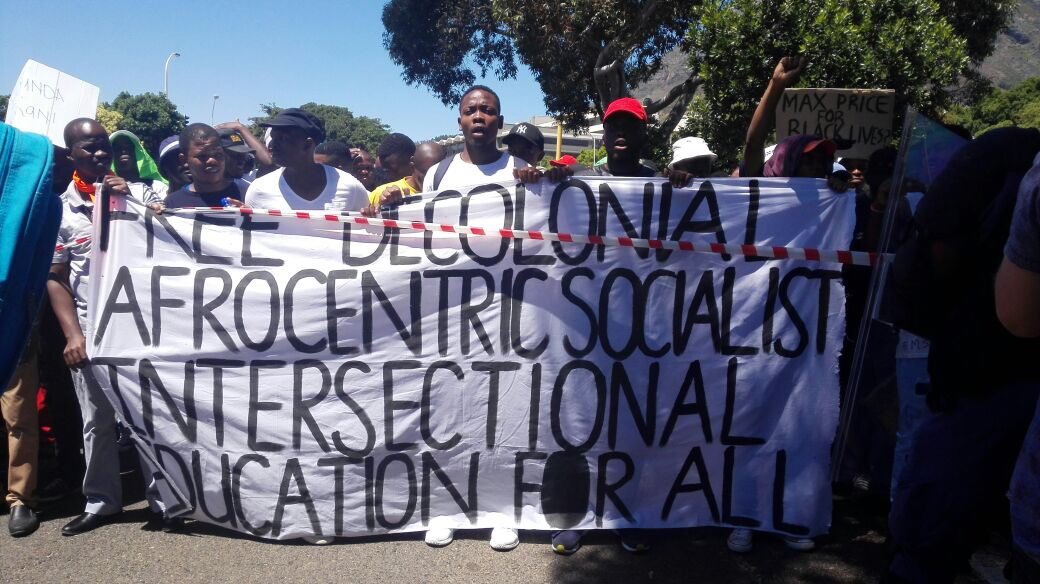The purpose of prosecuting protest convenors who fail to notify authorities of gatherings is to deter violence and increase peaceful assemblies, the Western Cape High Court heard on Thursday.
“We say that unnotified gatherings must be deterred because they have a higher propensity for becoming violent,” argued Advocate Karrisha Pillay, for the police minister.
She said the minister should not be seen as undermining the value, importance and significance of the right to peaceful protest in the Constitution.
“He readily accepts that it is central to our democracy.”
However, the minister would argue that rights may be limited to protect the rights of others, such as the right to freedom of movement and access to buildings.
This was relevant if, for example, a gathering was going to “create chaos” and was in a city’s economic hub.
Violent outcomes
Judge Thandazwa Ndita asked if it was right to presuppose that every unnotified gathering would create chaos.
Pillay said it could be peaceful but the minister maintained there was a higher chance of violence.
Ndita replied that there was no data before them to prove that the absence of marshals meant more violence.
The court was hearing an appeal by 10 Social Justice Coalition (SJC) members who were convicted in terms of the Regulation of Gatherings Act (RGA) in February 2015.
They had identified themselves as convenors of a 2013 gathering which saw SJC members chaining themselves to a railing outside the Cape Town civic centre to get the attention of Mayor Patricia de Lille.
The SJC argued the convictions were unconstitutional as its members were punished for exercising their constitutional right to peacefully protest.
It argued that the RGA limited the right to freedom of assembly. It criminalised a gathering of more than 15 people purely because no notice was given.
Advocate Michael Bishop, for the SJC, said it could not be assumed that every unnotified gathering would be violent and that every notified gathering would be peaceful.
He proposed alternative measures, such as imposing administrative fines rather than criminal penalties.
Part of the SJC’s argument was that the criminal penalties were severe and had a chilling effect by deterring people from free assembly and free speech.
Ndita asked the police minister’s legal team to persuade her that it would not have a chilling effect.
“A criminal conviction limits one’s life. There are certain things you cannot do,” the judge noted.
Pillay said people could still gather. They simply had to give notice and could also challenge obstructive authorities.
“I can’t deny that a criminal section is a harsh outcome. It is precisely because of its harshness that it has the deterrent effect that the minister says it does.”
She wondered whether an administrative fine would have the same effect.
The court reserved judgment.
[Source: News24]





 WhatsApp us
WhatsApp us 

